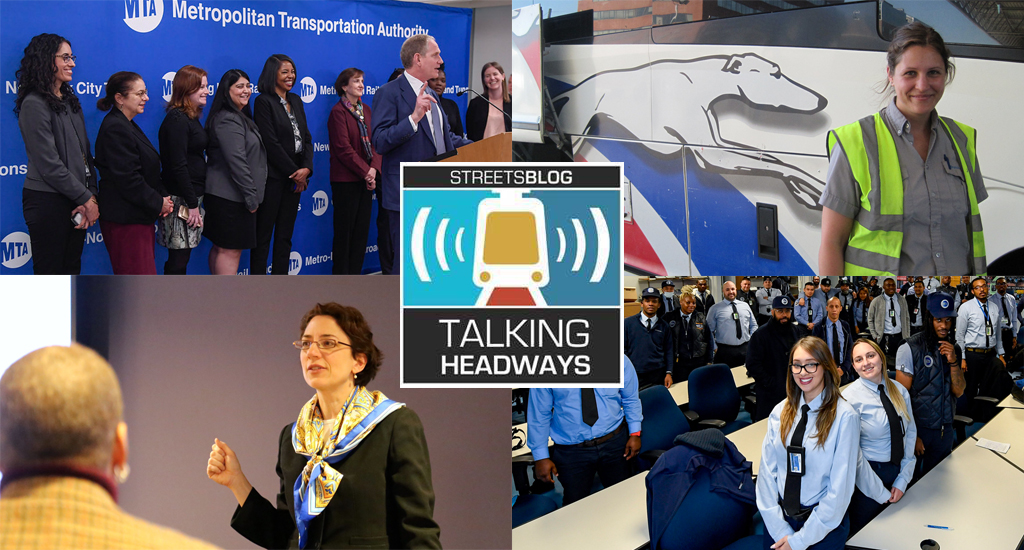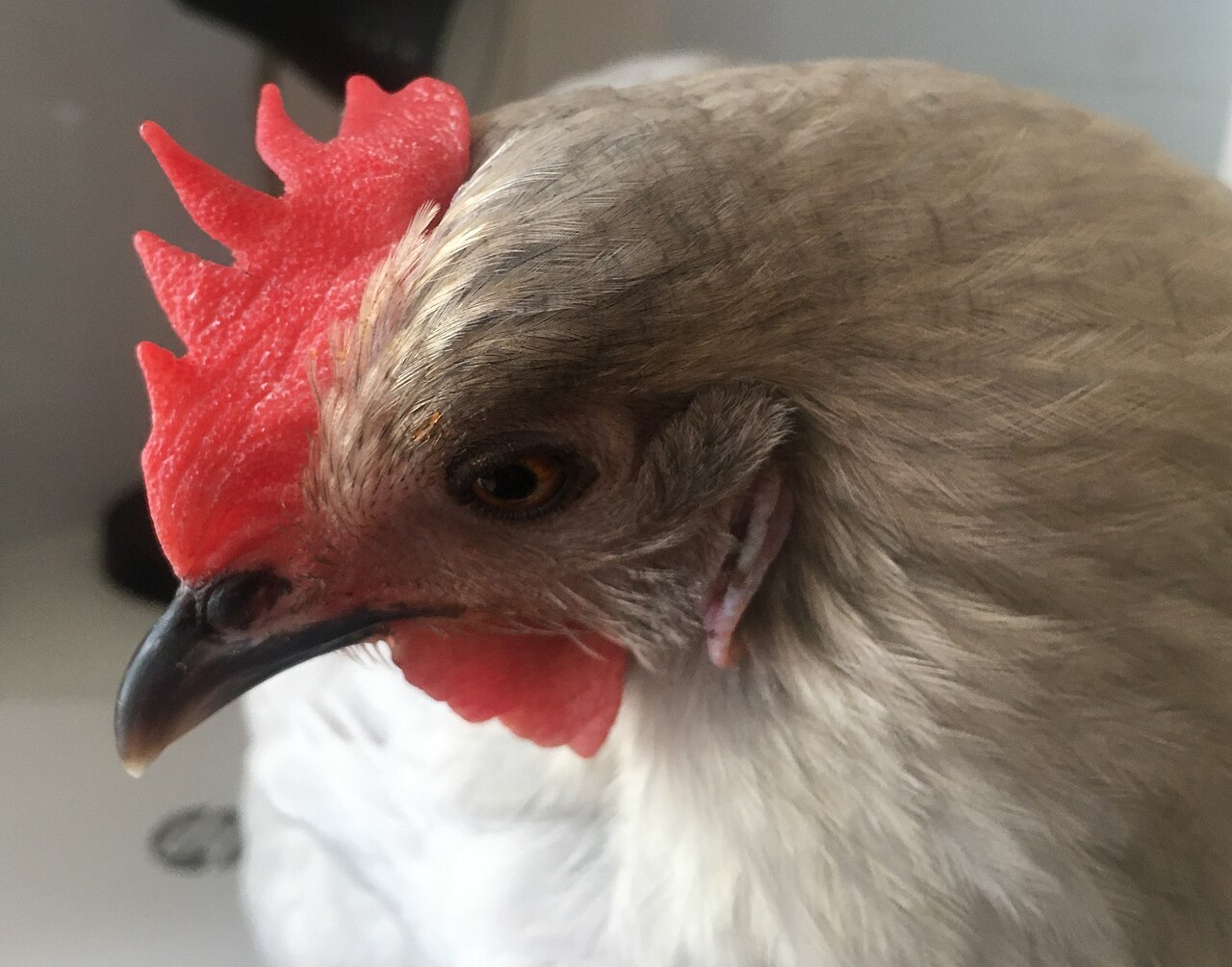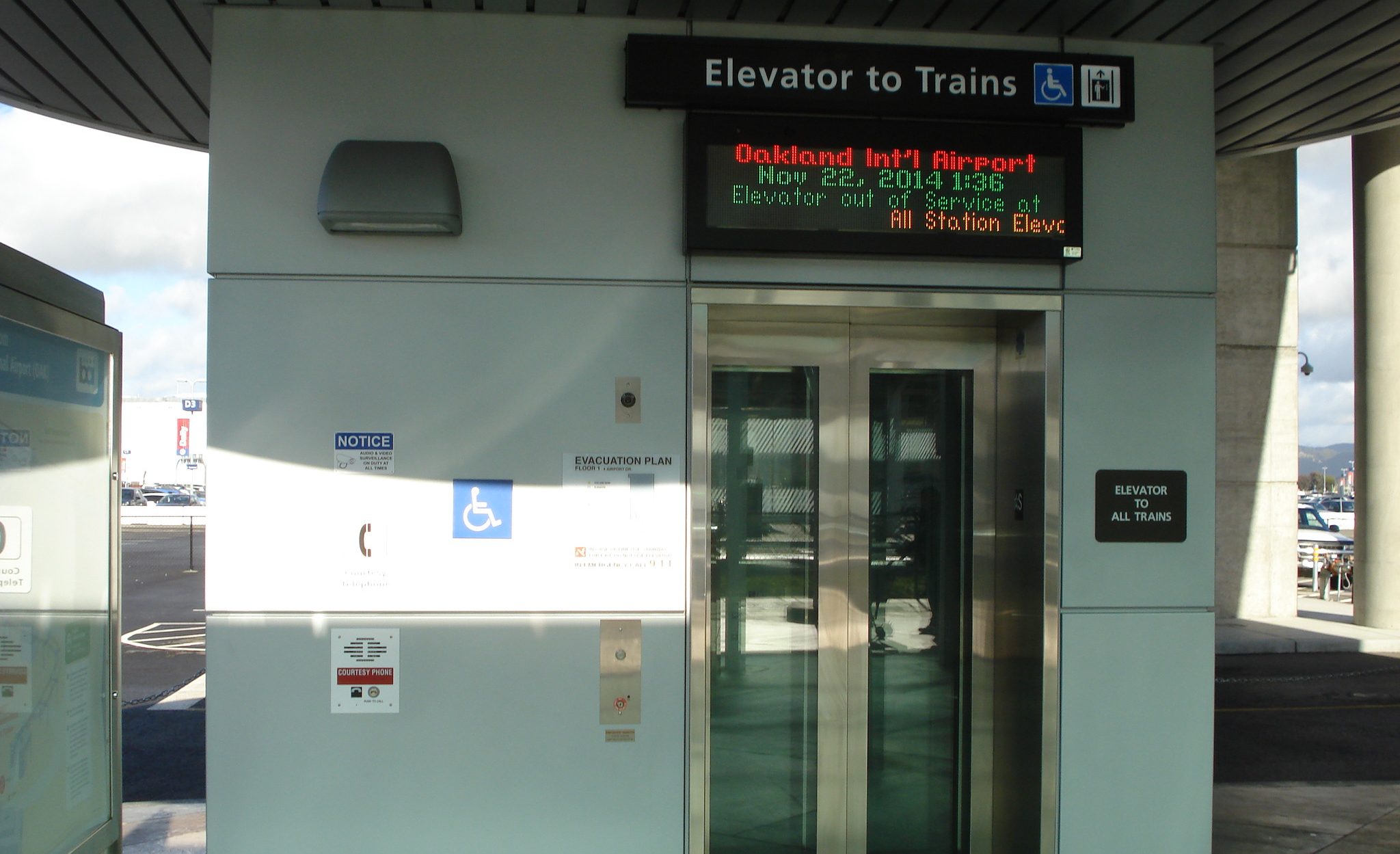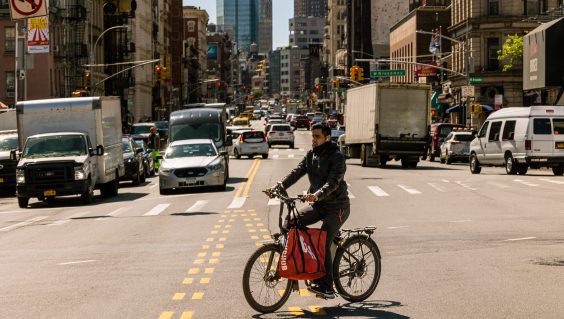This week we're joined by Sara Stickler, President and CEO of WTS International. We discuss how WTS highlights women’s expertise in transportation and how they create opportunities from mentorship to leadership and education.
We also chat about some of their legislative priorities on workplace policy as well as some of the barriers women face in the field.
Scroll down for a partial, edited readout from our conversation — or click here for an AI-generated, unedited transcript.
Jeff Wood: One of the things I read when I was doing some background for the show was that 15 percent of the transportation workforce identify as female. And so I’m wondering what some of those barriers are that are keeping folks from not entering this field that is so dynamic and interesting.
Sara Stickler: Yeah, we are actually working with the Mineta Transportation Institute to update that study and to understand what progress has been made here over the last few years around that. We have data that shows that we are getting better at that entry level. As we look at those coming out with college degrees in engineering, we are close to 50 percent gender equity there, female/male. We are challenged with that progression and growth in career. And so there’s broken rungs in that ladder starting with the first promotion into manager. That is where we start to see the differentiation between genders come in. And from there it’s really hard to catch up.
So once you miss that first step into manager, it becomes a lot harder. And then there’s another broken rung into that Vice President c-suite as well. And that is where, each broken rung, the pool gets a little bit smaller. And so that’s where you hear, "Well, we’d like a diverse candidate," or "We would like a woman to be there, but they’re not there." They’re not in the pipeline. And that’s something we work very hard at WTS to combat — is first and foremost, they are there, you just have to look a little differently than what you have before. But then second, we do need to do a better job of ensuring that women are promoted and are advancing. And I think that’s where those deterrents come in — family-friendly policies that keep women in the workplace. That we look at hiring panels and promotional panels that are diverse and we know that women are promoted and hired for their accomplishments and men are promoted and hired for their potential.
And so that’s something that we’re working to combat and to also help our female membership understand that you don’t have to be qualified for a hundred percent of the bullet points on a job description, right. Men will apply with 30 percent of them. And we love to see — and I’m seeing this more and more in job postings — that saying at the bottom of the job posting that says, 'Don’t think you fit all of these criteria. We’re looking for diverse candidates.' And so I think there’s some things that we can do as an industry to help increase that advancement of women. And unfortunately I think, right, still coming out of the pandemic, we lost a generation of women during the pandemic. They left the workforce to stay at home, to be caregivers not only of children but also elderly parents.
And so we need to do a better job of bringing them back into the workforce. And then from a transportation industry, that 15 percent, how can we go help those in career transitions come into the transportation industry? There’s a lot of skill sets, maybe those that stepped out of the, out of the workforce to raise a family. How do we bring them back and bring them into the transportation workforce despite where they may have started their career.
Jeff Wood: I think it’s really interesting you’re talking about how the ways that people see resumes and, what they feel like they’re qualified for I mean. Yesterday I was talking to a colleague about jobs and experience and trying to figure out like what, what to do with our imposter syndrome and figure out like what the best way forward is to think about whether you are or aren’t qualified for a job. And I’m just curious what’s kind of the remedy for some of that reticence and figuring out it’s okay to apply to a job where maybe like you said 30% you check the box, but the other 70% you might not, but a lot of work experience is learning on the job as well.
Sara Stickler: That’s a great question. I would say women have been conditioned for so long to think there’s only one seat at the table for women, right? And so I think even internally we have to change our own perspectives as women to say there’s room for all of us, right? And we can bring a seat to the table and we don’t need to cut each other down or we’re not competing for the same seat. And I think that we have been taught for so long that the role of a woman is to be, to be seen and not heard and so that imposter syndrome comes from a culture where women are told that they’re not enough.
And so I think that’s something that from a cultural perspective, we can do better at helping to promote accolades and to promote accomplishments. I think that’s something that for us at WTS International, through our leadership training, there’s a lot of how do you communicate your value and how do you communicate your, your accomplishments and your potential and, and your ideas. Oftentimes women are talked over in meetings or their ideas are repackaged and presented by someone else. And so after a while, right after a while you get beat down a little bit and sometimes you stop showing up and you stop voicing your opinion. And there that is where I think our allies can come in as well and say, "That’s a great idea."
I would say that there’s a cultural change that we need to see within workplaces where we truly are supporting all genders and really looking at the micro-aggressions and how those are compounding, especially for women of color, LGBTQ, how can we change that culture to make it a little bit more accepting for women? I was reading a book "Moment of Lift" by Melinda Gates and she says in there, “We are sending our daughters into a workplace that was designed for our grandfathers,” and I think that’s true for all genders. We’re still sending — we’re still going — into the workplace that was designed for our grandfathers. How can we become more inclusive for all in that workplace?





